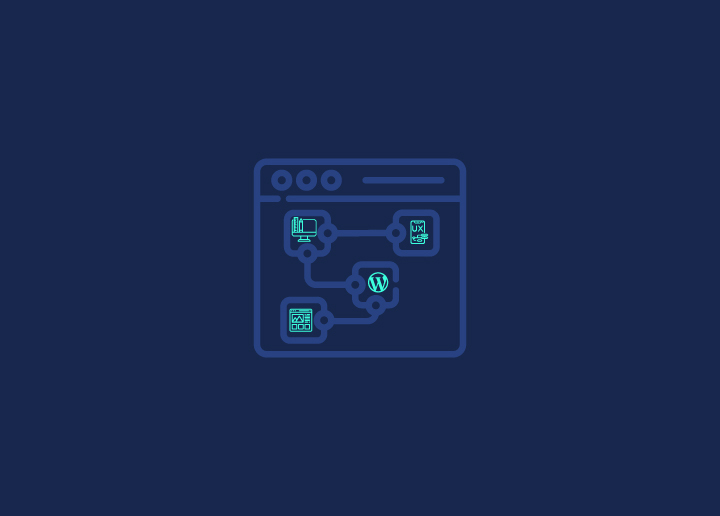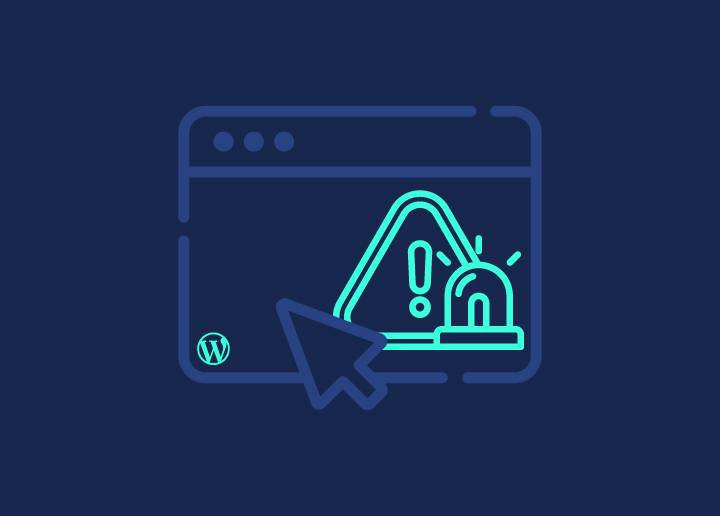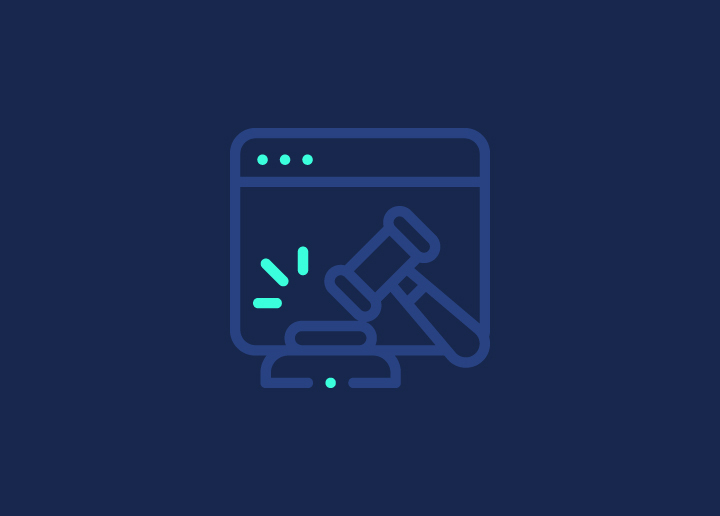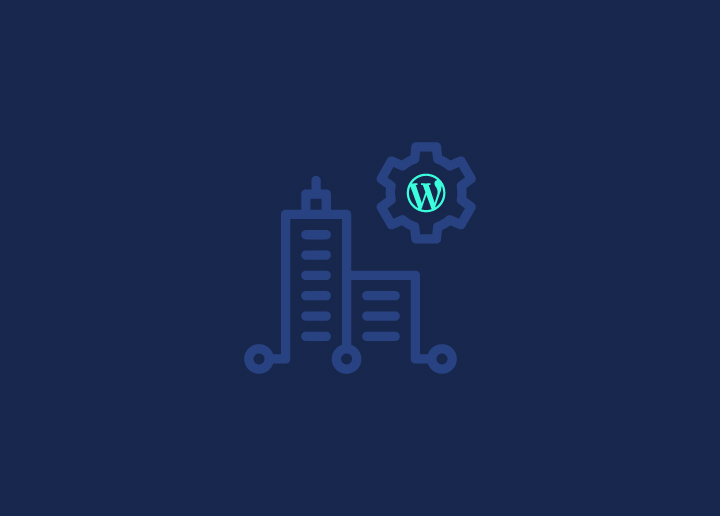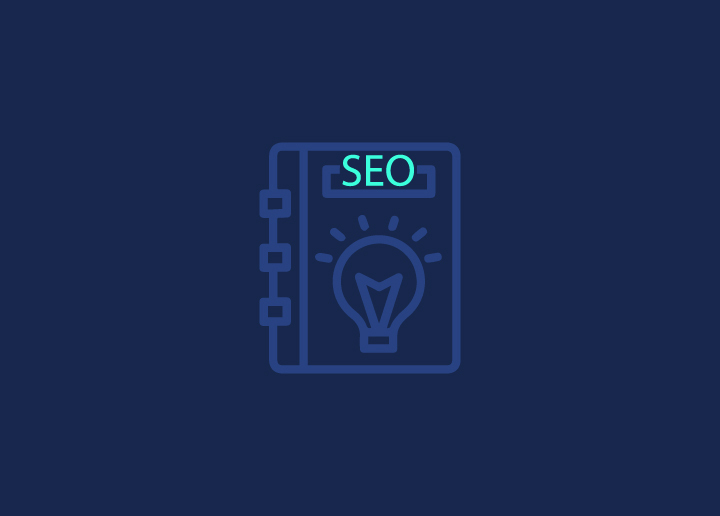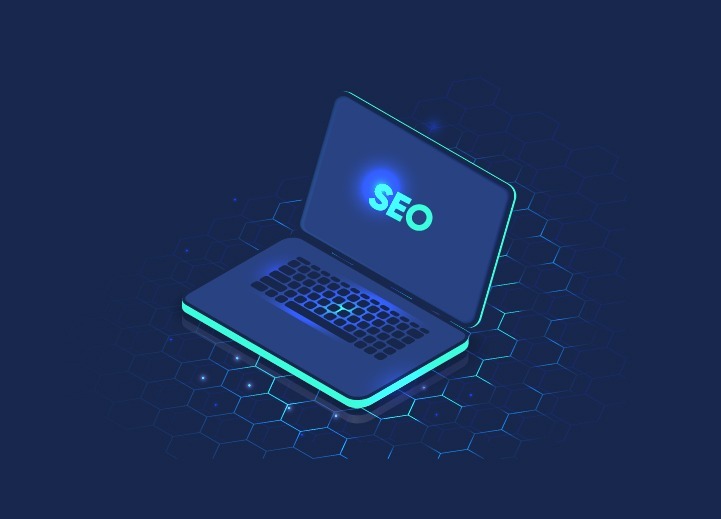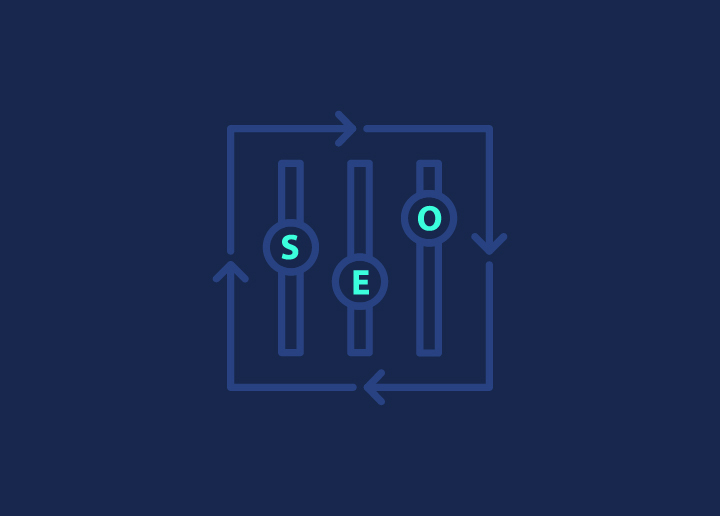As an agency offering comprehensive managed SEO and technical SEO services, we deeply understand the power of SEO for businesses. SEO is a foundational stone for businesses that want to improve their site’s visibility in the search results. If you are new to the SEO world, this guide on on-page vs off-page SEO is exactly what you need to optimize your website for better search engine rankings and online visibility. So, let’s check out these two distinct yet complementary SEO approaches and learn how to balance them for optimal results.
Contents
ToggleOn-Page vs Off-Page SEO: Understanding These SEO Concepts
On-page or on-site SEO enhances web content, HTML components, and user experience for better search engine rankings. Off-page SEO, contrastingly, builds authority via backlinks, social media, and local SEO strategies, thereby boosting a website’s credibility and online presence.
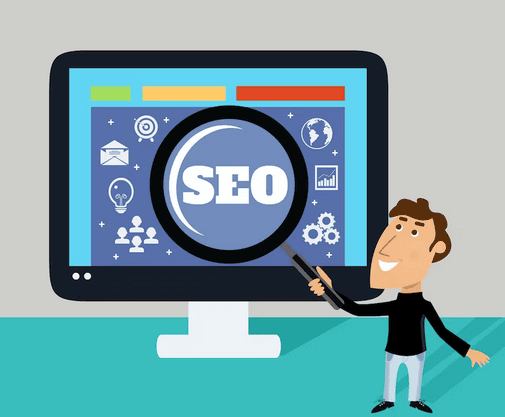
Both on-page and off-page SEO are indispensable tools to enhance visibility, drive traffic, secure leads, and augment website conversions. Ultimately, SEO strives to offer valuable content to searchers and ensure the website is prominently featured in search engine results pages.
Creating high-quality, informative, and engaging content is a key strategy for improving search engine rankings. Google recommends focusing on helpful content that meets user intent and provides a positive user experience. Optimizing meta descriptions is one of the other important aspects of on-page SEO. In short, a combination of both on-page and off-page SEO is necessary to achieve optimal search engine rankings.
Read: Optimal SEO On WordPress: A Comprehensive Guide
On-Page SEO: The Foundation of Website Optimization

On-page SEO, sometimes called on-site SEO, encompasses all factors impacting page ranking. The main focus of on-page SEO is to optimize web content, HTML components, and user experience for improved search engine rankings.
On-page SEO includes several factors. These include:
- Title tags
- Meta descriptions
- Heading structure
- Content
- Image optimization
- Accessibility
- Website performance
It aims to deliver valuable content to users and optimize the website’s ranking on search engine result pages.
Website architecture is critical for optimizing on-page SEO, as it allows search engines to efficiently crawl the website and provides users with a more comprehensive experience. Page velocity (or pagespeed) is another critical element of on-page SEO. Schema markup can also aid a website in appearing higher than other search results by providing essential information to Google, such as event date, address, and location.
Related: The Ultimate Guide To Writing SEO-friendly Meta Tags
Off-Page SEO: Building Authority for Websites
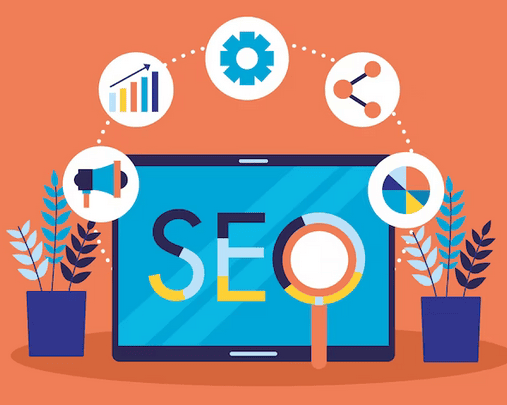
Off-page SEO involves optimizing a website’s credibility and visibility through various techniques, such as backlinks, outreach, guest posts, social media, and local SEO. Developing backlinks and establishing a solid presence on social media are examples of off-page search engine optimization techniques.
Backlinks, hyperlinks leading users to your website from other web pages, serve as valuable assets for any website. Along with internal links, backlinks from reliable sources can improve your rankings on search engines as these pages have authority that can be passed onto your site.
Here are some techniques for building backlinks:
- Write guest posts for other reliable, relevant, and high-authority blogs/websites in your niche. Or utilize guest post services to generate backlinks.
- Observe your site’s mentions online and request any unlinked mentions to be credited.
- Create how-to guides, “best of” lists, and infographics.
- Participate in expert roundups.
- Generate Web 2.0 backlinks. This is a gray-hat SEO technique as opposed to white-hat SEO.
By using these techniques, you can generate backlinks for your website and improve your site’s rankings.
Key Factors Influencing On-Page SEO
Key factors influencing on-page SEO include targeting relevant keywords, crafting engaging content, optimizing HTML elements, and enhancing user experience.
Targeting Relevant Keywords
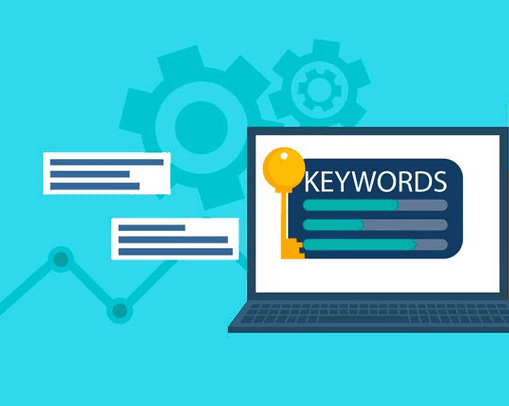
Targeting relevant keywords aids search engines in comprehending the content and aligning it with user intent. Here are some beneficial practices for incorporating relevant keywords into on-page SEO:
- Start with effective keyword research.
- Incorporate target keywords into your content.
- Utilize related keywords in title tags and meta descriptions.
- Link keywords to relevant pages/posts on your website.
We recommend using tools such as Google Keyword Planner to identify target keywords for your website. Here’s how you can do it:
- Add keywords that your target audience may use. Start with what you expect them to search for.
- Review similar words and phrases generated.
- Search for keywords with high monthly search volumes. However, opting for keywords with low to medium competition is best.
- Incorporate target keywords in your content.
Related: Best Keyword Research Tools (Paid & Free)
Keyword stuffing, the practice of adding an excessive amount of keywords to a webpage in an effort to manipulate search engine rankings, should be avoided. Instead, strategically incorporate target keywords throughout your website, including:
- About Us
- Blog posts
- Web pages
- Product descriptions
- Other relevant sections
Further reading: How To Rank For Difficult Keywords And Dominate Your Market
Crafting Engaging Content
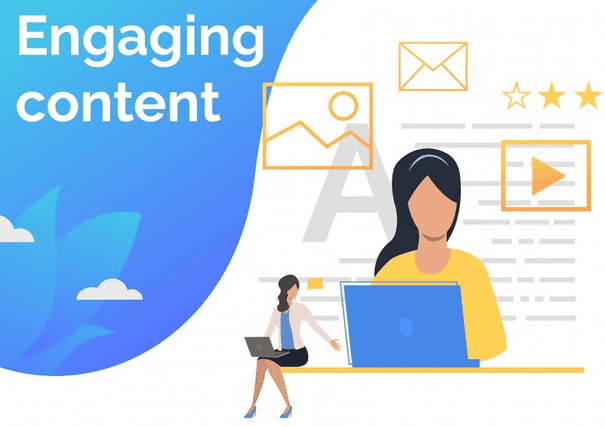
Crafting engaging, unique, valuable, and 10x content that aligns with the search intent is a critical factor in the success of on-page SEO. SEO content writing, the process of crafting content optimized for search engines and encouraging visitors to take action on your website, should follow best practices while ensuring that the copy reads well.
When writing for SEO, it is essential to ensure that the content includes the keywords used in the query, both in the body and headings, as they are more likely to be relevant to the search. Additionally, forming topic clusters, addressing all pertinent subtopics, and incorporating LSI keywords can help ensure content’s comprehensiveness and completeness.
Read more: Your 6-Point Website SEO Checklist
Optimizing HTML Elements
Optimizing HTML elements on your site can enhance search engine rankings and user experience. To optimize meta tags, ensure they accurately describe the page’s content and include relevant keywords.
Image optimization can enhance search engine rankings by providing search engines with an additional indication of the page’s content and optimizing page speed and user experience. WordPress SEO plugins like Yoast SEO and All In One SEO (AIOSEO) are commonly used for adding title tags and meta descriptions. Optimizing HTML elements and improving user experience can be achieved through the following recommended practices:
- Optimizing page titles, meta descriptions, and headings.
- Implementing structured data.
- Optimizing page loading speed.
Further reading: Rank Math vs Yoast: Which Is The Best SEO Plugin
Enhancing User Experience (UX)
For successful on-page SEO and visitor retention, enhancing user experience via website design, navigation, and page speed is vital.
Website design can benefit user experience by creating a sense of integrity & professionalism, optimizing usability & accessibility, fostering engagement, establishing trust, and leading users through the website.
Page speed considerably influences user experience and, consequently, SEO performance. A slow-loading website can cause a poor user experience, leading to higher bounce rates and lower engagement metrics. Conversely, a fast-loading website enhances user experience, resulting in longer dwell time, lower bounce rates, and higher engagement metrics. These positive user signals can boost SEO performance and increase organic rankings.
Core Web Vitals and mobile-friendliness are the other primary factors influencing page experience signals.
Read: Best WordPress SEO Agencies To Boost Your Website Rankings
Essential Aspects of Off-Page SEO
Essential aspects of off-page SEO include building quality backlinks, leveraging social media, and implementing local SEO techniques.
Building Quality Backlinks

Backlinks, known as inbound links or incoming links, are links from one website to a page on another website. Earning high-quality backlinks from authoritative websites boosts a site’s credibility and search engine rankings. Strategies for generating quality backlinks for off-page SEO include:
- Guest blogging
- Link building
- Broken link building
- Social media promotion
- Influencer outreach
- Content marketing and promotion
Leveraging Social Media

The utilization of social media aids in building an online presence, driving traffic, and enhancing search visibility. Facebook, X (formerly Twitter), Instagram, LinkedIn, YouTube, Pinterest, and even TikTok are the most effective social media platforms for off-page SEO.
Recent trends in social media that can be used to optimize SEO include:
- The emergence of UGC creators.
- The popularity of YouTube Shorts.
- The integration of AI into mainstream media.
- The rise of LinkedIn creators.
- The utilization of AI-generated content with a human touch.
These trends can help improve SEO by:
- Providing users with engaging and original content.
- Utilizing short-form video platforms to boost engagement.
- Optimizing content for LinkedIn and other social channels.
Read: Must-Have Social Media Tools
Implementing Local SEO Techniques

Local SEO strategies, including NAP citations and Google Business Profile, assist businesses in achieving higher rankings in local search results.
NAP in local SEO stands for Name, Address, and Phone Number and is the fundamental contact information of a business used for local citations. It is essential for local SEO as it assists customers in accessing accurate information about your brand and positively impacts your local search rankings.
A Google My Business profile can have a positive impact on local SEO, such as:
- Improved local ranking.
- Increased search visibility.
- Increased customer attraction.
To maximize these benefits, optimizing and verifying your Google My Business profile is essential.
Read: A Complete Guide To White-Label SEO
Optimize Your Website For Users And Search Engines
We offer comprehensive SEO solutions, including on-page, off-page, and technical SEO services. Let’s talk!
On-Page vs Off-Page SEO: Balancing These SEO Factors
Balancing on-page and off-page SEO involves continuous on-page optimization and strengthening off-page SEO strategies.
Continuous On-Page Optimization
Ongoing optimization of on-page components establishes a solid foundation for search engine rankings and user experience. On-page SEO elements should be reviewed every couple of weeks or at least once a month, particularly for websites with many product and category pages. Regular SEO site audits ensure your website is optimized for the most current search engine algorithms.
Continuously optimizing the on-page SEO of your website can result in:
- Increased visibility.
- Improved content relevance and quality.
- Enhanced user experience.
- Optimized on-page elements.
- Increased authority and credibility.
- Adaptation to changes in search engine algorithms.
All of these can positively impact your website’s search engine ranking.
Also read: Technical SEO: Tips For 2023
Strengthening Off-Page SEO Strategies
Using off-page SEO strategies like building backlinks and utilizing social media contributes to enhancing a website’s authority and online presence. You can generate quality website backlinks through the tactics listed above.
Leveraging social media for off-page SEO can also generate backlinks, increase brand visibility, boost audience engagement, and drive referral traffic to the website. Additionally, research and utilize relevant keywords in social media posts, create link-worthy content, and promote it on applicable social media platforms.
Read: Top White-Label SEO Service Providers
Real-Life Examples and Case Studies
Real-world examples and case studies showcase the efficacy of integrating on-page and off-page SEO strategies for better search engine rankings and online visibility. Some benefits of integrating on-page and off-page SEO techniques include:
- Boosting website visibility in search engine results.
- Attracting higher quality traffic.
- Reinforcing credibility and authority.
- Achieving cost-effective marketing.
You can have a positive effect on search engine rankings by:
- Creating high-quality and relevant content.
- Optimizing the website structure and meta tags.
- Building high-quality backlinks from reliable sources.
Search Engine Land published a case study which revealed that combining these two SEO strategies had positive results and success. This case study illustrates the tangible effects of successful SEO strategies on online visibility.
Read: Programmatic SEO: A Detailed Guide
Summary
Understanding and balancing on-page and off-page SEO strategies is crucial for businesses to succeed in the competitive online landscape.
On-page vs Off-page SEO: Key Takeaways
- On-page SEO focuses on content and user experience, while off-page SEO works to build website visibility and secure leads.
- Both are necessary for successful search engine optimization. Keywords, HTML elements & UX drive on-page, while off-page involves building backlinks & leveraging social media.
- Real-life examples demonstrate the positive effects of integrating both strategies on website visibility, traffic & authority.
So, let these insights guide you in optimizing your website and embracing the full potential of SEO.
On-Page vs Off-Page SEO: Frequently Asked Questions
On-page SEO is faster and requires fewer resources, while off-page SEO takes longer and involves more time-consuming activities. Both work together to achieve successful SEO, so the optimal approach is to use a mix of both. Depending on the goal, one or the other can be focused on more heavily.
On-page SEO centers on optimizing aspects of your website that you can directly control, while off-page SEO focuses on boosting the reputation of your domain by creating content and gaining backlinks from other websites.
On-page SEO involves optimizing content, keyword selection, titles optimization, internal links, and other elements on your website. Off-page SEO involves gaining external exposure through link building, link exchange, and other activities.
On-page SEO includes optimizing headings, internal linking, and image alt-text optimization, which can help improve website rankings and drive more traffic.
Optimize your content by targeting relevant keywords, crafting engaging content, and optimizing HTML elements to improve user experience.








